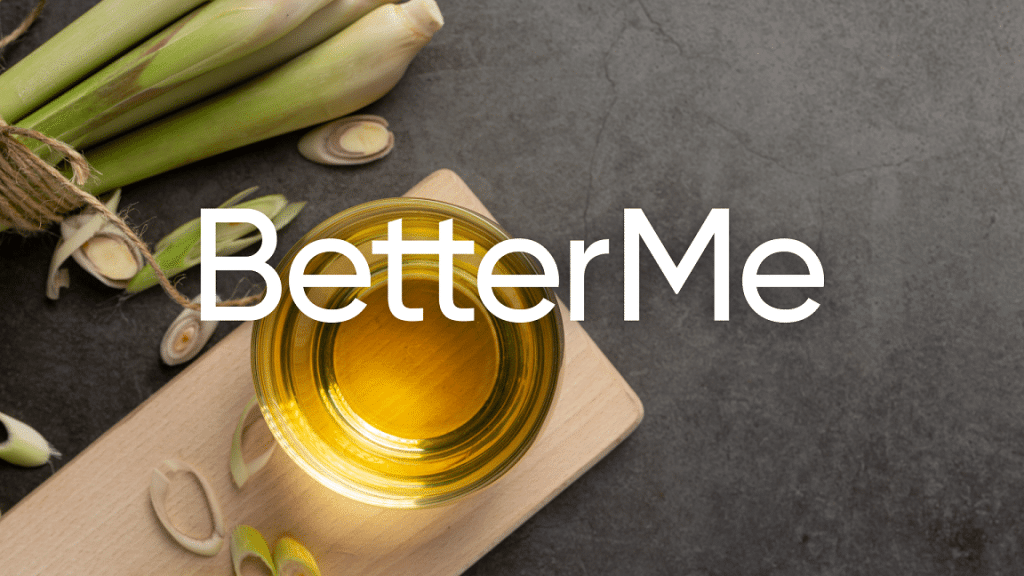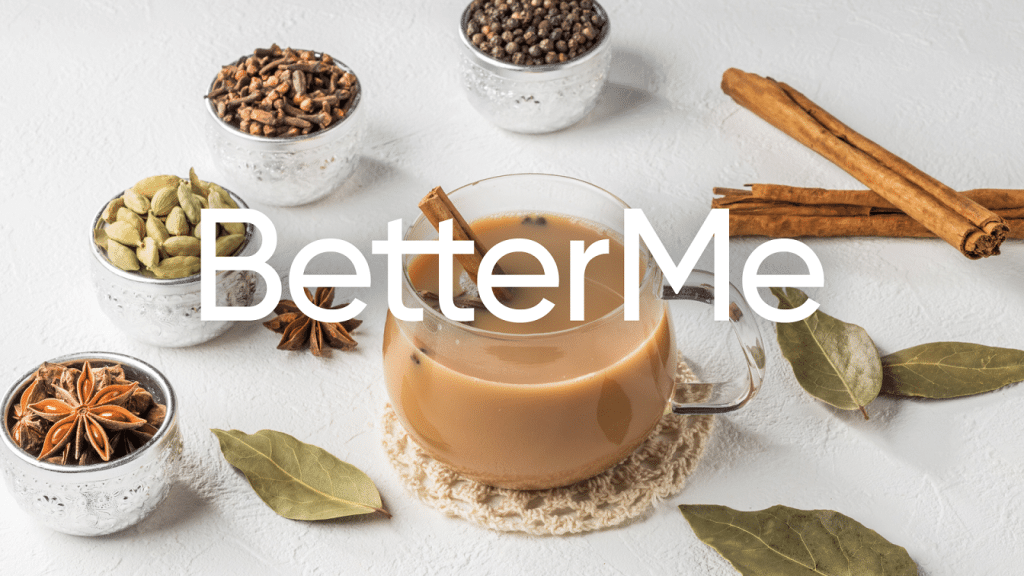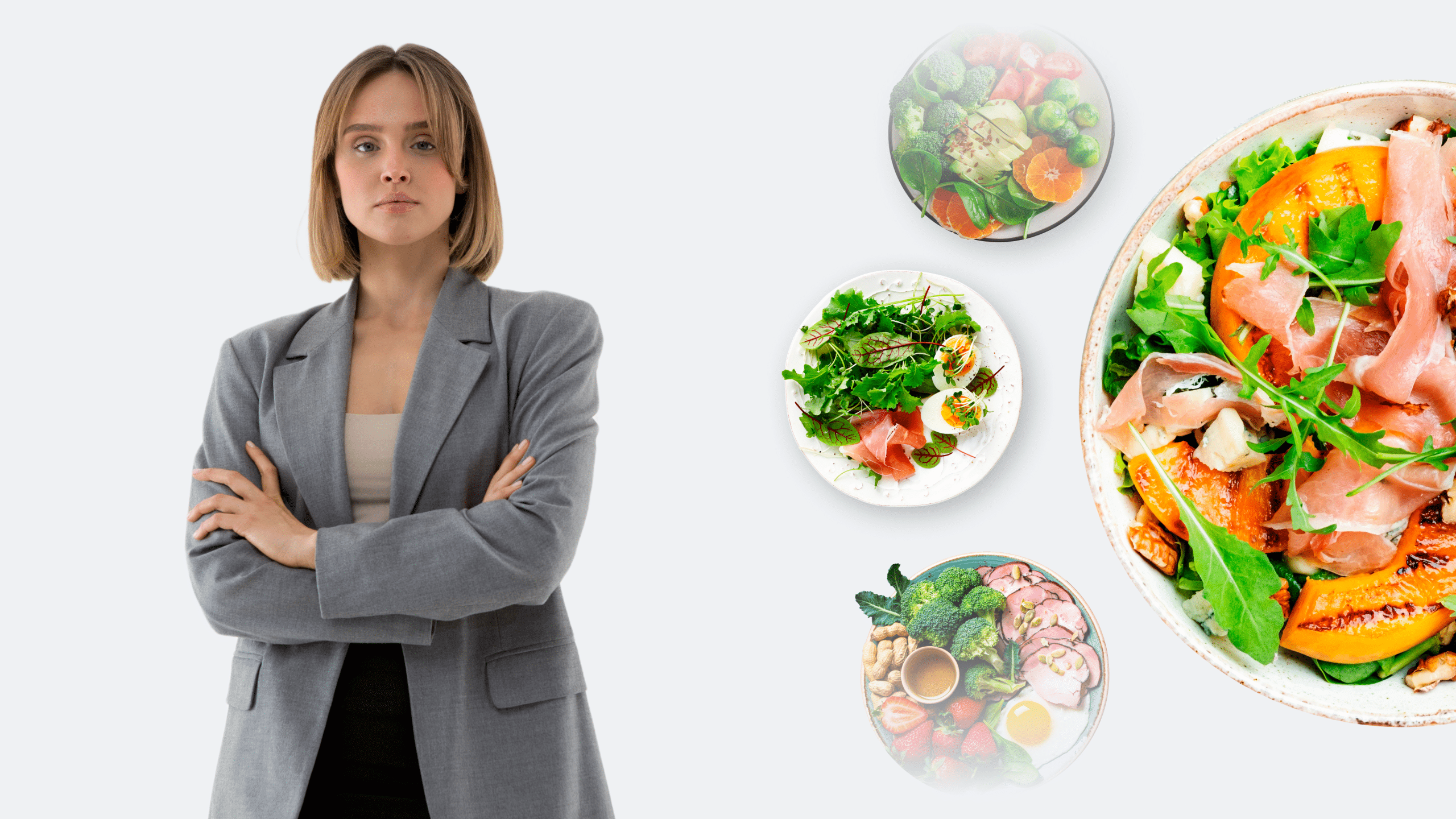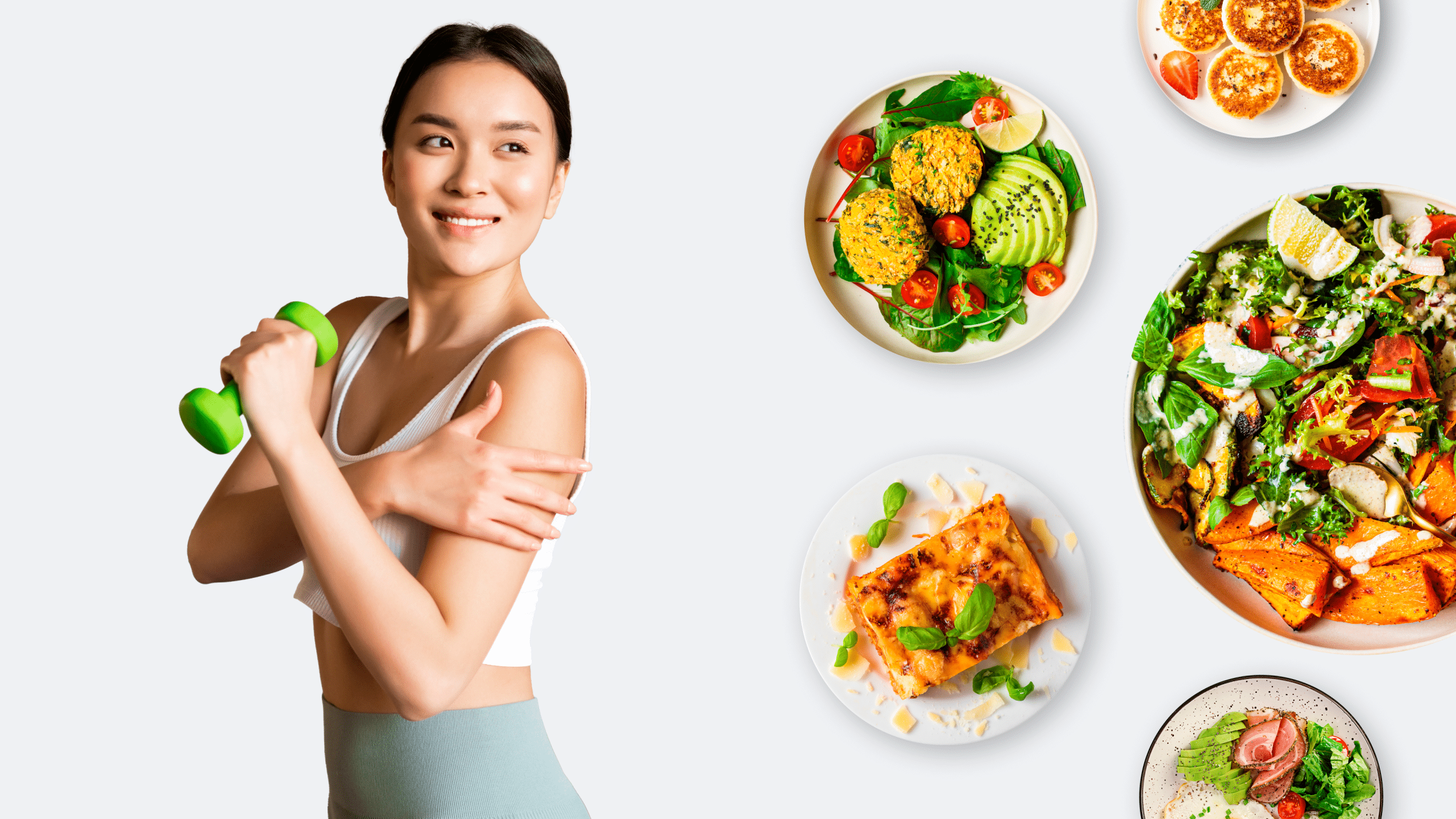The prostate is a walnut-sized gland located just below the bladder in men. It surrounds the urethra, the tube that carries urine and semen out of the body. It is a vital part of a man’s reproductive system that secretes fluid to nourish and protect sperm. The prostate also helps produce semen. A healthy prostate is important for sexual function and reproduction. It’s also crucial for the overall health of a man (2).
A diet that includes plenty of fruits, vegetables, and whole grains can help keep the prostate healthy. Here are 10 of the best foods for a healthy prostate:
1. Tomatoes
There is growing evidence that tomatoes and their derivatives may have protective effects against prostate cancer (4). The most active compound in tomatoes, lycopene, appears to be responsible for these benefits.
Lycopene is a carotenoid, a type of antioxidant that gives some fruits and vegetables their red color. It is present in high levels in tomatoes and tomato products, such as sauce and ketchup. It is also found in watermelon, pink grapefruit, and apricots.
Studies have shown that lycopene might help reduce the risk of prostate cancer. One study found that men who ate more servings of tomato products per week had a lower risk of developing prostate cancer than those who didn’t (23).
Lycopene is thought to protect against prostate cancer by reducing the growth of tumors and by blocking the formation of new blood vessels that tumors need to grow. It also appears to make cancer cells more sensitive to radiation therapy (23).
Adding tomatoes or tomato products to your diet is easy. Try one of these meal ideas:
- Serve pasta with a marinara sauce made from canned tomatoes.
- Make a pizza with tomato sauce and mozzarella cheese.
- Add diced tomatoes to a green salad.
- Snack on a sandwich that has tomatoes
- Enjoy a bowl of tomato soup.
- Have a glass of iced tomato juice.
Tomatoes are also a good source of vitamin C and potassium. Vitamin C is an antioxidant that helps protect cells from damage (24). Potassium is important for muscle function and maintaining blood pressure levels (11).
This means that not only are tomatoes good for your prostate, but they are also good for your overall health.
Read More: Vitamins For Sexual Health
2. Salmon
Salmon is a fatty fish that is high in omega-3 fatty acids, which are beneficial for prostate and overall health. Omega-3 fatty acids help to reduce inflammation and may protect against prostate cancer (25). Salmon is also a good source of protein and selenium, both of which are important for prostate health (14).
Try adding salmon to your diet once or twice a week. You can grill, bake, or poach salmon. It is also delicious in a salad or served with rice and vegetables.
3. Broccoli
Prostate health can benefit from the inclusion of cruciferous vegetables in the diet. Cruciferous vegetables, such as broccoli, cauliflower, and cabbage, contain phytochemicals that may help to protect the prostate. One phytochemical, sulforaphane, is especially beneficial for prostate health.
Broccoli is a good source of sulforaphane. In fact, it contains more sulforaphane than any other vegetable. Sulforaphane appears to be able to help protect the prostate by inhibiting the growth of cancer cells and by preventing DNA damage (22).
Try adding broccoli to your meals a few times a week. You can steam or stir-fry broccoli. It is also good in a salad or as part of a veggie burger.
4. Nuts
Nuts are a good source of healthy fats, protein, and fiber. All of these nutrients are important for prostate health (14). The most important nutrient in nuts for prostate health is zinc.
Despite being a trace mineral, zinc is essential for prostate health. It helps to maintain prostate health by reducing inflammation, supporting healthy testosterone levels, and aiding in the absorption of other nutrients important for prostate health (26).
Nuts are a good source of zinc. Almonds, cashews, and pistachios are all good sources of zinc. Try adding a handful of nuts to your diet each day. You can eat them as a snack or add them to your breakfast or lunch.
Here are some ways to enjoy these crunchy treats:
- Roasted as a snack
- As a topping on salads and yogurts
- Ground into flour for baking
- Blended in a smoothie
- As nut butter
- As a nut milk
- In trail mix
If you wish to free yourself from all the extra pounds that have been weighting you down for way too long, start using the BetterMe app and overhaul your entire life!
5. Pomegranate Juice
Pomegranate juice is another good source of antioxidants, which might be beneficial for prostate health. One antioxidant in pomegranate juice, ellagic acid, may be especially beneficial. Ellagic acid may help to protect the prostate by inhibiting the growth of cancer cells and by preventing DNA damage (18).
Pomegranate juice is also a good source of vitamin C and potassium. Vitamin C is an antioxidant that helps protect cells from damage (24). Potassium is important for muscle function and maintaining blood pressure levels (11).
Try adding pomegranate juice to your diet a few times a week. You can drink it plain or mix it with other juices. It is also delicious in smoothies or as a mixer for cocktails.
6. Watermelon
This summertime staple is a good source of lycopene, an antioxidant that is beneficial for prostate health. Lycopene might help to protect the prostate by inhibiting the growth of cancer cells and by preventing DNA damage (4).
Watermelon is also a good source of vitamin C and potassium. Vitamin C is an antioxidant that helps protect cells from damage (24). Potassium is important for muscle function and maintaining blood pressure levels (11).
Try adding watermelon to your diet a few times a week. You can eat it plain or mix it with other fruits. It is also delicious in smoothies or as a mixer for cocktails.
7. Turmeric
Turmeric is a spice that is often used in Indian cuisine. It has been used for centuries in traditional medicine to treat a variety of conditions, including prostate problems.
Turmeric contains a compound called curcumin, which is thought to be responsible for its health benefits. Curcumin is a powerful antioxidant that has been shown to have anti-inflammatory and possible cancer-preventing properties (10).
Some believe that curcumin is most effective when taken in supplement form. Look for a supplement that has been standardized to contain a high amount of curcumin. Turmeric is also available in capsule form.
Adding turmeric to your diet is easy. You can sprinkle it on food or add it to a smoothie. Try adding some Indian-inspired dishes to your routine, using turmeric and other delicious spices.
8. Green Tea
Green tea is a beverage that is enjoyed all over the world. It is made from Camellia sinensis, the same plant that black and oolong tea comes from. Green tea is high in antioxidants, which are beneficial for overall health and prostate health in particular (6).
Green tea contains a compound called epigallocatechin-3-gallate (EGCG), which is the most beneficial antioxidant in green tea. EGCG might protect the prostate by inhibiting the growth of cancer cells and by preventing DNA damage (13).
Green tea is also high in caffeine. Caffeine is a stimulant that can help to improve mental alertness and energy levels (8).
Drink green tea every day to enjoy its health benefits. You can drink it plain or sweeten it with honey or sugar. It is also delicious in smoothies.
9. Berries
All berries are high in antioxidants, which are beneficial for prostate health. Antioxidants help to protect cells from damage (5).
Berries are a good source of vitamin C, which is an antioxidant that helps protect cells from damage (7). They are also a good source of fiber, potassium, and magnesium.
Fiber is important for bowel health. Potassium is important for muscle function and maintaining blood pressure levels. Magnesium is beneficial for nerve health (11).
Some of the best ways to eat berries are:
- Whole as a snack
- In smoothies
- As a topping for yogurt or cereal
- In fruit salad
Read More: Men’s Sexual Health After 50
10. Coffee
While green tea is the best beverage for prostate health, coffee is a close second. Coffee contains antioxidants that help to protect cells from damage (3).
Coffee is also high in caffeine, which is a stimulant that can help to improve mental alertness and energy levels (8).
Drink coffee every day to enjoy its health benefits. You can drink it plain or sweeten it with honey or sugar.
What Are The Worst Foods For Your Prostate?
Now that you know the best foods for your prostate, let’s take a look at the worst. The following foods can harm your prostate and should be avoided:
Processed Meats
Processed meats such as hot dogs, bacon, and sausage are high in sodium and nitrates. Nitrates can convert into carcinogens, which have the potential to cause cancer (15) (17). Processed meat consumption is also a risk factor for colon cancer.
Limit or avoid processed meats whenever possible.
Sugar
Sugar is harmful to the prostate because it raises blood sugar levels in those with insulin resistance. Untreated high blood sugar levels in diabetes patients may increase the risk of prostate cancer (12).
Avoid sugary foods and drinks whenever possible. If you can’t avoid them, limit your intake.
Fried Foods
Fried foods are high in unhealthy fats and calories. Regular consumption of them has been associated with increased risk of prostate cancer (9). It isn’t clear whether this is something to do with the fried foods themselves, such as the formation of potential carcinogens at high heat, or if it’s other aspects of a Western diet or lifestyle.
Either way, it’s probably best to limit your intake of deep-fried foods. If you’re cooking at home, experiment with other cooking methods that can still provide the satisfying crunch you are looking for, without the deep-fat frying.
Alcohol
Drinking alcohol might increase the risk of prostate cancer, especially liquor. It is also associated with other health problems such as liver damage and cardiovascular disease (1).
It may be best for your health to avoid drinking alcohol whenever possible. If you do drink, limit your intake to 1-2 drinks per day. It might also be better to stick with wine or beer rather than hard liquor.
Yanking yourself back in shape has never been so easy with our game-changing fitness app! Start transforming your life with BetterMe!
Other Ways To Boost Prostate Health
Diet is by far the most important factor when it comes to prostate health. However, there are other ways that you can boost your prostate health:
Exercise Regularly
Exercise is important for overall health and may help to reduce the risk of cancer in general (16).
Aim for at least 30 minutes of exercise per day. Choose activities that you enjoy so you will be more likely to stick with them.
Get Enough Sleep
Getting enough sleep is important for overall health.
Aim for 7-8 hours of sleep per night.
Quit Smoking
Smoking is bad for your health in general and can increase your risk of prostate cancer (21).
If you smoke, quitting is one of the most important things you can do for your health. There are many resources available to help you quit smoking, including nicotine replacement therapy and e-cigarettes.
Reduce Stress
Stress can have negative effects on your health in general.
Find ways to reduce stress in your life, such as yoga, meditation, or journaling.
The Bottom Line
Prostate health is important for all men, whether they are young or old. By following a healthy diet and making other healthy lifestyle choices, you may be able to reduce the risk of prostate problems and maintain good prostate health. Early diagnosis is essential, so make sure to follow your doctor’s recommendations on regular screenings.
DISCLAIMER:
This article is intended for general informational purposes only and does not address individual circumstances. It is not a substitute for professional advice or help and should not be relied on to make decisions of any kind. Any action you take upon the information presented in this article is strictly at your own risk and responsibility!
SOURCES:
- Alcohol consumption and risk of prostate cancer: The Harvard Alumni Health Study | International Journal of Epidemiology | Oxford Academic (2001, academic.oup.com)
- Anatomy, Abdomen and Pelvis, Prostate – StatPearls – NCBI Bookshelf (2021, ncbi.nlm.nih.gov)
- Antioxidant Property of Coffee Components: Assessment of Methods that Define Mechanisms of Action (2014, mdpi.com)
- An Update on the Health Effects of Tomato Lycopene (2010, ncbi.nlm.nih.gov)
- Are antioxidants helpful for disease prevention? (2010, ncbi.nlm.nih.gov)
- Beneficial effects of green tea: A literature review | Chinese Medicine (2010, biomedcentral.com)
- Bioactive Compounds and Antioxidant Activity in Different Types of Berries (2015, mdpi.com)
- Caffeine: Cognitive and Physical Performance Enhancer or Psychoactive Drug? (2015, ncbi.nlm.nih.gov)
- Consumption of deep-fried foods and risk of prostate cancer (2013, ncbi.nlm.nih.gov)
- Curcumin and Cancer (2019, mdpi.com)
- Electrolytes (2021, pubmed.ncbi.nlm.nih.gov)
- Fasting blood glucose, glycaemic control and prostate cancer risk in the Finnish Randomized Study of Screening for Prostate Cancer (2018, ncbi.nlm.nih.gov)
- Green tea catechin, epigallocatechin-3-gallate (EGCG): Mechanisms, perspectives and clinical applications (2011, sciencedirect.com)
- Influence of Diet and Nutrition on Prostate Cancer (2020, mdpi.com)
- Nitrites and nitrates from food additives and cancer risk: results from the NutriNet-Santé cohort (2021, academic.oup.com)
- Physical Activity and Cancer Risk. Actual Knowledge and Possible Biological Mechanisms (2021, ncbi.nlm.nih.gov)
- Plasma Levels of Nitrate and Risk of Prostate Cancer: A Prospective Study (2013, aacrjournals.org)
- Pomegranate Extracts and Cancer Prevention: Molecular and Cellular Activities (2013, ncbi.nlm.nih.gov)
- Psychological Stress and Cancer (2012, cancer.gov)
- Sleep Duration and Disruption and Prostate Cancer Risk: a 23-Year Prospective Study (2016,aacrjournals.org)
- Smoking as a Risk Factor for Prostate Cancer: A Meta-Analysis of 24 Prospective Cohort Studies (2010, ncbi.nlm.nih.gov)
- Sulforaphane Retards the Growth of Human PC-3 Xenografts and Inhibits HDAC Activity in Human Subjects (2007, ncbi.nlm.nih.gov)
- Tomato-based food products for prostate cancer prevention: what have we learned? (2010, ncbi.nlm.nih.gov)
- Vitamin C in Disease Prevention and Cure: An Overview (2013, ncbi.nlm.nih.gov)
- Weighing the Benefits of Fish Oil for Patients With Prostate Cancer: A Subcohort Review From the SELECT Trial (2015, ncbi.nlm.nih.gov)
- Zinc Intake and Risk of Prostate Cancer: Case-Control Study and Meta-Analysis (2016, journals.plos.org)


















